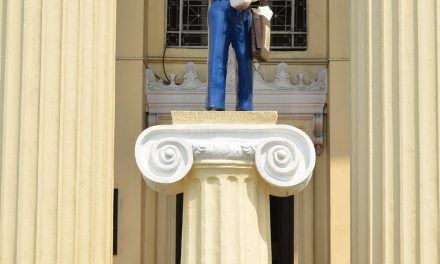
PHLPost says it has increased measures to mitigate the threat of using postal service in illegal activities
The Philippine Postal Corporation (PHLPost) on Tuesday vowed to implement more stringent security measures following the seizure of about P4.9 million worth of party drugs at the Manila Central Post Office.
Authorities had conducted operations and apprehended a certain Ron Ron Salonga, of Port Area Manila while in the act of claiming a parcel containing the alleged ecstasy or “party drugs” at the Manila Central Post Office Parcel Division.
More or less, a total of 2,878 tablets were found hidden along with clothes, shoes and other personal items.
“We remain vigilant in our effort to thwart illegal drugs on mails and at the same time preventing the Posts as a medium of transshipment of illegal drugs in the country through our Inspectorate Service Department,” PHLPost said in a statement.
Preventive measures have been undertaken by the PHLPost to stop the entry of ecstasy tablets and illegal drugs at the entry point where parcels and other mails are processed for delivery.
PHLPost said that it has been doing its part in the government’s effort to specifically stop illegal drugs and other prohibited materials from entering the country through the mail.
“Security measures are being done by the PHLPost Inspectorate Department in coordination with the Bureau of Customs and Philippine Drug Enforcement Agency to help detect the entry of illegal drugs allowing the agency’s drug sniffing dogs to check suspicious items for delivery to addressees or consignees”. PHLPost is currently using specialized equipment installed at the Central Mail Exchange Center (CMEC) in Pasay City which is capable of detecting contraband in the country.
PHLPost said it “beefed up” measures including “tracking, advanced data collection and close coordination with other country’s postal administrations, security assistance from drug and law enforcement units, and other risk management procedures that would mitigate the threat of using postal service in illegal activities.”












